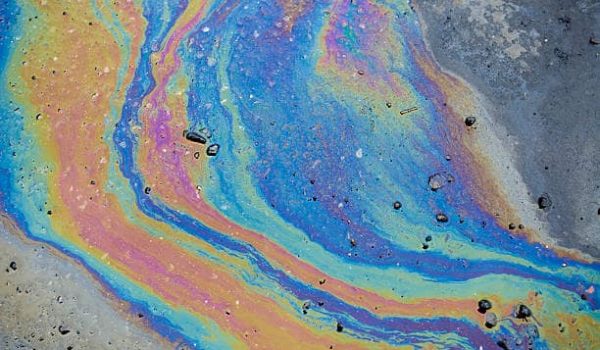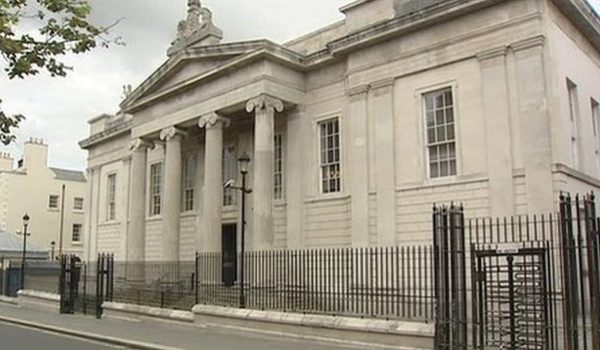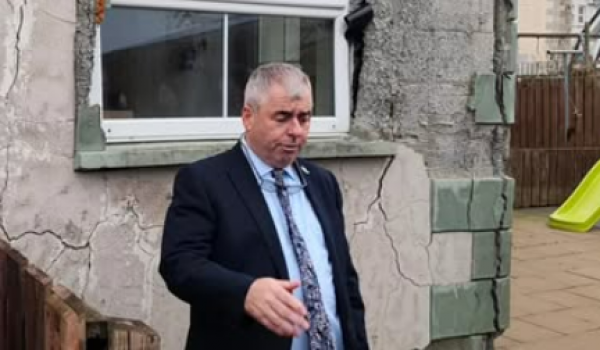
The National Public Health Emergency Team has reported one new death from Covid-19 and 40 new cases.
It brings the death toll to 1,774, and the total number of confirmed cases to 26,838. At least one of the new cases is in Donegal.
Meanwhile, North of the border, 29 new cases of Covid 19 have been confirmed, bringing the total to 6,217.
No new deaths have been recorded in Northern Ireland in the past 24 hours.
The death toll stands at 557.
Press Release: Wednesday 12 August 2020
Statement from the National Public Health Emergency Team
There has been one new death reported to the Health Protection Surveillance Centre today.
There has now been a total of 1,774 COVID-19 related deaths in Ireland.
As of midnight Tuesday 11th August, the HPSC has been notified of 40 confirmed cases of COVID-19. There is now a total of 26,838* confirmed cases of COVID-19 in Ireland.
Of the cases notified today;
- 21 are men / 19 are women
- 75% are under 45 years of age
- 19 are confirmed to be associated with outbreaks or are close contacts of a confirmed case
- 13 cases have been identified as community transmission
- 12 in Dublin, 11 in Kildare, 7 in Offaly, and the rest of the cases are in Clare, Donegal, Limerick, Meath, Roscommon, Tipperary, Wicklow
The HSE is working to identify any contacts the patients may have had to provide them with information and advice to prevent further spread.
The COVID-19 Dashboard provides up-to-date information on the key indicators of COVID-19 in the community.
Dr Ronan Glynn, Acting Chief Medical Officer, Department of Health, said; “When NPHET tracks and analyses COVID-19’s progression in Ireland, we take into account much more than daily figures. Although today’s number is positive relative to what we saw last weekend, we remain concerned about both the number of cases that are being reported and their distribution across the country.
The five day average for reported cases nationally is now at 75 per day. Even when we exclude Kildare, Laois and Offaly from this, it remains significantly elevated for the rest of the country at 31 per day – it is worth recalling that in late June, the five day average for cases reported was less than 10. In light of this, I ask people to continue to hold firm and continue to closely follow public health advice.”
Professor Philip Nolan, Chair of NPHET Irish Epidemiological Modelling Advisory Group, said “Due to the nature of how this virus spreads, there can be a delay between when it seeds and when we see it emerge in our communities. For this reason, we work in 14 day and five day average periods in order to ensure that we are seeing the full picture of how the disease is behaving in Ireland. While today’s figures are relatively low in the context of this particular week, it is important that we remember that this is a long game.
“We know that COVID-19 transmits when people come into close contact with one another. When we ask you to follow public health measures and adhere to public health advice, it is with the sole aim of limiting this disease’s opportunity to spread through this close contact. It’s important that everyone in Ireland knows the things they can do in their own communities to help.”
“They are: limiting our contacts, avoiding crowded indoor settings, close attention to hand and respiratory hygiene, wearing a face covering where appropriate, using the COVID Tracker App and self-isolation at the first sign of symptoms. These apply countrywide, not just in the counties of Kildare, Laois and Offaly.”
Dr Siobhán Ni Bhriain, Consultant Psychiatrist and HSE Integrated Care Lead, said, “Testing is a vital component of our national response to COVID-19. It enables us to find as many cases as possible and quickly isolate them, which helps prevent further spread. We would appeal to people who are referred for testing as close contacts to attend both tests.”
“It is very important that if you experience any of the symptoms of COVID-19 – such as cough, fever, shortness of breath, or loss of sense of smell/taste – that you self-isolate immediately, and phone your GP straight away. Do not wait and see. Act quickly. This will limit the chance of this highly infectious virus transmitting further.”





